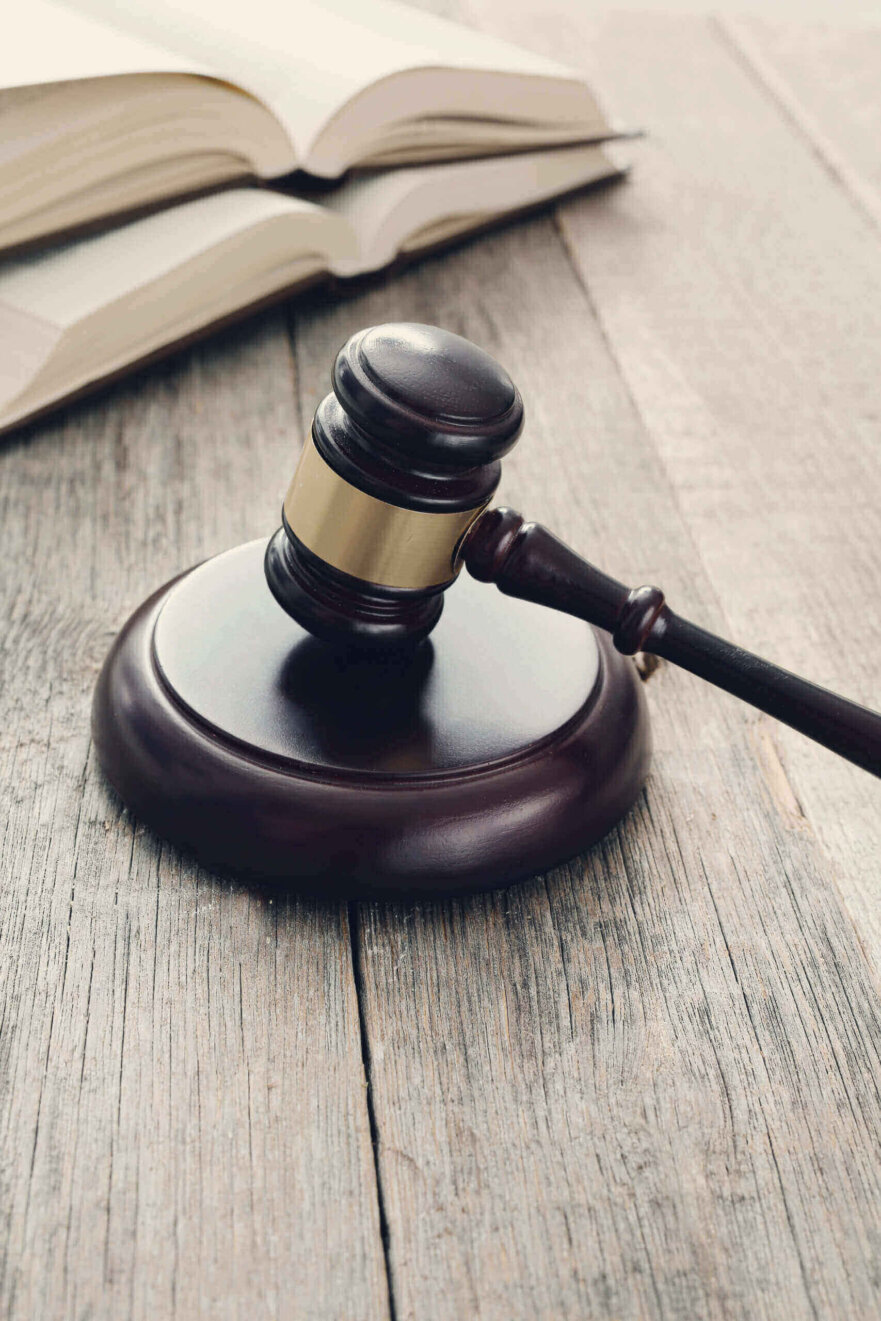
Delhi HC Protects Sadhguru’s Personality Rights from AI Misuse | Legal Analysis
In a significant development for digital privacy and the protection of celebrity identity, the Delhi High Court recently ruled in favour of spiritual leader Sadhguru Jaggi Vasudev, protecting his personality rights from being exploited through the use of Artificial Intelligence (AI), deepfakes, and unauthorized impersonation.
Background of the Case
Sadhguru, founder of the Isha Foundation, approached the Delhi High Court seeking relief against several websites and social media platforms that were allegedly using AI tools to generate deepfake videos, mimic his voice and likeness, and falsely attribute messages or endorsements to him — all without his consent. The misuse of his persona not only violated his personal dignity but also posed economic and reputational risks.
What the Delhi High Court Held
- The Court issued an interim injunction restraining the named platforms and unnamed future entities (John Does) from using Sadhguru’s name, image, voice, or likeness without authorization.
- It recognized that AI-generated content, especially deepfakes and cloned voices, can easily manipulate public perception and damage personal integrity.
- The Court emphasized that such misuse affects both the privacy and commercial interests of public personalities.
- The Court acknowledged the importance of evolving legal protections as technology advances — especially with AI’s ability to replicate faces, voices, and mannerisms with high accuracy.
Understanding Personality Rights in India
Personality rights refer to an individual’s right to control the commercial and public use of their identity, including:
- Name
- Image or likeness
- Voice
- Facial expressions or signature traits
Types of Personality Rights
- Right to Publicity: Protects individuals from unauthorized commercial use of their persona (like in advertisements or endorsements). This is indirectly governed by the Trademarks Act, 1999 and Copyright Act, 1957.
- Right to Privacy: Prevents public misuse or unauthorized representation of one’s personality. This is constitutionally protected under Article 21 and was reinforced in the landmark case of Justice K.S. Puttaswamy (Retd.) v. Union of India (2017).
Posthumous Personality Rights
Currently, Indian law does not formally recognize posthumous personality rights. However:
- The Emblems and Names (Prevention of Improper Use) Act, 1950 prohibits commercial use of Mahatma Gandhi’s name or image.
- In Deepa Jayakumar v. A.L. Vijay (2019), the Madras High Court observed that personality rights cease after death unless specially protected by statute.
Why This Matters
This judgment sets a precedent for digital-age jurisprudence in India. It is among the first to recognize how emerging technologies like AI can impact civil rights, privacy, and identity. It also opens the door for further legal evolution — including possible legislation on AI misuse, digital consent, and deepfake regulation.
Conclusion
The Delhi High Court’s intervention affirms that the law must keep pace with technological threats. The ruling is espe

